#HotLegalAction
Cricket or Ticket: NY Now Has Cameras Designed to Identify Loud Cars
New Yorkers with aftermarket exhaust systems may want to be extra careful because a law, signed by Governor Kathy Hochul to increase fines on sound violations, now has a new enforcement tool designed to spot noisemakers.
Approved in autumn of 2021, the SLEEP (Stop Loud and Excessive Exhaust Pollution) Act raised the fine on vehicles producing excess sound in NY from $150 to a whopping $1,000. But drivers are now learning that getting busted won’t necessarily require whizzing past a squad car while their Borla snap-crackle-and-pops surrounding eardrums. NYC residents have begun receiving notices in the mail after being caught by the auditory equivalent of speed cameras.
Hertz Ordered to Release Records on Alleged Rental-Car Thefts
Hertz customers have issued complaints that the company falsely accused them of stealing rental cars. Numerous renters have made claims that they were stopped by police to be informed that the vehicle they had paid to borrow was reported stolen. Complaints became so prevalent that CBS News launched an investigative report last November to uncover whether individuals were simply lying about their innocence to avoid prosecution or if Hertz was habitually screwing things up.
By December, 191 claims had been filed in federal bankruptcy court on behalf of the people who said they were falsely arrested. But it took another two months for a Delaware bankruptcy court judge to issue a ruling that will require Hertz to make the number of renters it accuses of stealing its cars every year publicly available.
Nikola to Pay $125 Million to Settle Fraud Charges, Founder in Dutch
Nikola Corp. has agreed to pay $125 million to settle charges levied by The Securities and Exchange Commission (SEC) that the company actively defrauded investors by providing misleading information about its technical prowess, production capabilities, and general prospects.
The settlement comes after a salvo of civil and criminal charges were launched against Nikola’s founder Trevor Milton, who got in trouble for convincing investors that the prospective automaker had fully functional prototypes boasting technologies other companies would have envied when that wasn’t actually the case. Milton was chided for using social media to promote false claims about the business, with his pleading not guilty to fraud charges brought up by the Department of Justice in July.
Nikola Founder Continues Dumping Stock Following Criminal Indictment
Nikola Corp. founder, Trevor Milton, has been offloading stock ever since he was indicted for making misleading and/or blatantly false statements about the company. The formal charges were issued in July, piggybacking off a critically damning report from 2020 that alleged Nikola had grotesquely misrepresented its production capabilities and falsified a video where it showed an inoperable prototype vehicle working as if it was fully functional. The paper caught the attention of both the Securities and Exchange Commission (SEC) as well as the Department of Justice (DOJ) — resulting in Milton stepping down as CEO and twelve months of investigative probes.
Unfair? Toyota Launches Ad Campaign Opposing EV Tax Credit Scheme
Toyota Motor North America has already voiced its opposition to the proposed EV tax credit scheme tied to the the Democrats’ latest spending bill. This week, it has decided to expand its message by purchasing advertisements in national publications.
Starting Tuesday, Toyota will be launching an ad campaign intended to help bring Americans toward its side of the fence. While the automaker isn’t intrinsically offended by the government-backed incentivizing of electric vehicles, it has taken umbrage with the Biden administration’s insistence that consumers be issued an additional $4,500 incentive for purchasing union-made products. Though the reasoning should be obvious, since the company doesn’t have any unionized facilities in the U.S., the automaker is seeing growing support as the related legislation is stalled on Capitol Hill.
BMW, Daimler Sued for Not Being Green Enough
While I often criticize manufacturers, I try to remain sympathetic to their collective plight. Despite being multinational corporations that typically lack accountability, they’re still businesses that need to turn a profit to maintain their existence and are constantly coping with fluid regulatory rules or social pressures. That’s one reason why green initiatives are often more about optics and money than achieving any tangible environmental goals.
But not adhering to cultural dogmas can have real ramifications, as BMW and Daimler recently found out. The companies are being sued in their native Germany for allegedly failing to meet carbon reduction targets and not setting an official date to abolish the internal combustion engine.
Ford and GM Feuding Over Names
Last month, General Motors filed a trademark infringement lawsuit against Ford’s use of the term BlueCruise for its SAE Level 2 advanced driving assistance suite. GM has argued the phrase is too close to its own SuperCruise system and wants Blue Oval to ditch the name for something else. Ford recently filed a motion asking the US District Court in San Francisco to throw out the case, as it believes the term cruise is common enough to qualify as ubiquitous.
This is the industrial equivalent of two of your friends screeching at each other because one of them wanted to name their youngest son Landon while the other already named their kid Langston. Though the manufacturer’s feud may be dumber because it’s not exactly like we’ve recently started affixing the word cruise to the systems found inside automobiles.
Right-to-Repair Movement Gets Federal Attention
While the right-to-repair movement is fighting a national battle, the brunt of the action has been taking place on America’s coasts. Consumer activists are taking on multinational corporations that don’t want you to modify your mobile devices, affix aftermarket components to your vehicle, or have complete access to the data that’s amassed by the staggering number of products that are needlessly networked to the internet. After years of petitioning the government, often while arguing with high-paid lobbyists, the group achieved a major victory in Massachusetts in 2020. Voters decided that automakers should not be allowed to withhold information from the vehicle’s owner or use it as a way to prohibit them from taking their car into independent repair shops (rather than manufacturer-certified service centers) or tinkering with it themselves.
Now the federal government is getting involved. Joe Biden has signed an executive order that effectively forces the Federal Trade Commission (FTC) to take regulatory action that would settle the matter. But we don’t really know if that’s going to lead to a market where customers are free to treat their property (and private data) as they wish, one where the manufacturer holds all the cards, or simply result in a regulatory minefield displeasing all parties.
Judge Approves Class Action Suit Against Ford Mustang
Ford has been getting into trouble over “track-ready” Mustangs after a few customers formally accused the company of erroneous marketing in 2017. A class-action lawsuit was even filed in March of that year, stating that the Ford Mustang Shelby GT350 suffered from overheating problems that precluded it from being fully functional on a racetrack — specifically early examples of the car equipped with either the Technology Package or left in the base configuration.
Earlier this month, Federal Judge Federico A. Moreno certified statutory and common law fraud classes pertaining to the model in California, Florida, Illinois, New York, and Washington State. Additional approvals relating specifically to statutory fraud and/or implied warranty claims were made for Oregon, Missouri, Tennessee, and Texas.
Tesla Sued Over Supercharging Fees, Broken Promises
Tesla is being sued in California by an owner that’s claiming the automaker broke its promise of a lifetime of free charging after it started imposing fees upon people who allowed their cars to sit at stations for too long. For those of you that don’t recall, Tesla began rolling out its Supercharger network in 2012 and promised unlimited free charging as a way to entice early adopters. While it doesn’t pertain to all vehicles and has existed in various incarnations, gratis electricity was available on most properly equipped Model S and Model X purchased by 2016. But the deal has existed in various incarnations through 2020 and has been confusing customers almost as much as the apparently bogus self-driving suite.
As the brand became more popular, you’d start seeing Tesla owners populating Supercharging stations in greater numbers and chattering about their interests. Unfortunately, those extended diatribes on the merits of TEDx and spending a fortune on minimalist interior home design resulted in stations being occupied but going unused. To discourage this Tesla began imposing fines in 2016, noting that it hoped never to make money on the updated arrangement.
Stellantis Staffers Charged With Conspiracy to Cheat Emissions Tests, Defraud Customers
Federal prosecutors Tuesday unsealed new criminal charges that named several Stellantis (formerly Fiat Chrysler Automobiles) officials accused of conspiring to cheat U.S. emissions tests and defraud customers buying their diesel-powered products. The indictment was opened in the Eastern District of Michigan, identifying FCA diesel senior manager Emanuele Palma (42) and two Italian nationals employed by FCA Italy SpA — Sergio Pasini (43) of Ferrera and Gianluca Sabbioni (55) of Sala Bolognese.
Palma had been charged previously and becomes a co-conspirator in the alleged plot to develop a 3.0-liter diesel engine used in FCA vehicles that could flummox emissions tests allowing the automaker to sell vehicles that did not adhere to government regulations. The motor started appearing inside engine bays in 2014, including popular models like the Ram 1500 and Jeep Grand Cherokee.
Washington Wants to Become First State to Ban Gasoline Powered Cars
Washington has elected to become the first slice of America to ban the internal combustion motor, and we don’t just mean new sales. The Pacific state passed a bill on Thursday that would make the registration of gasoline or diesel-powered vehicles from the 2030 model year onwards illegal — leaving residents with the option to purchase a new electric vehicle, buy a secondhand gas burner, or throw up their hands and move elsewhere.
It’s an interesting concept, especially considering there’s very little evidence to suggest the industry will be at a point where total EV adoption will be remotely plausible by 2030. Even California, which is famous for its heavy-handed environmental regulations didn’t think it could start mandating the death of the internal combustion engine until at least 2035. Though Washington is reportedly not making this a concrete rule and it hinges on the adoption of another bill that would tax vehicles based on the number of miles driven. Think of it like a fuel tax that follows you around, even if you’re not using any.
South Korean Battery Firms Reach Settlement, Georgia Factory Approved
It looks like the White House won’t be needing to take any action in response to the International Trade Commission’s decision on how to handle the feud between South Korea’s LG Chem and SK Innovation. The duo has reached a settlement that would allow the former battery manufacturer to complete assembly on its $2.6-billion plant located in Georgia.
LG alleged that SK had stolen intellectual property and the ITC was backing punitive measures that would have forbade the latter company from importing certain lithium-ion batteries into the United States under a 10-year exclusion order. While exemptions were made for the components necessary to manufacturer them in the country, the arrangement was tied to SK’s existing orders and limited to just 4 years. The settlement gives SK additional leeway and prevents Joe Biden from having to consider the possibility of blocking the ITC decision as a way of maintaining American jobs.
Tesla Lawsuit Against Rivian Moves Forward in California Superior Court
The lawsuits continue against EV startup Rivian. Though it hasn’t built any vehicles to date, the company has an aggressive plan to manufacture its “Tesla killer” vehicles at the former Diamond Star Motors plant at Normal, Illinois, and sell its wares directly to customers via nine showrooms across the nation. Various parties take issue with both the building and selling facets at Rivian, and the company has lawsuits with dealers in Illinois as well as Tesla.
Judge Approves Daimler AG's $1.5 Billion Diesel Emissions Settlement
On Tuesday, a federal judge approved a $1.5 billion settlement to pump the brakes on an investigation conducted by the U.S. government pursuing claims that Daimler used illicit software that allowed excess diesel emissions on 250,000 units. This runs in tandem with another $700 million settlement the automaker is making with vehicle owners, which is likely to see final approval in a few months, and an extensive recall campaign.
The federal case involves the U.S. Justice Department, the California Air Resources Board, and follows a trend of fines for automakers accused of misleading regulators so that diesel vehicles could continue being sold. This kicked off with Volkswagen’s Dieselgate in 2015, with numerous government probes taking place in Europe and North America over the next five years. Many automakers have since been discouraged from relying on diesel powertrains due to rising regulatory actions. European countries that once championed the fuel as ecologically preferable to gasoline, after the advent of biodiesels, are now obsessed with tamping down NOx emissions and getting more electric vehicles onto the road.



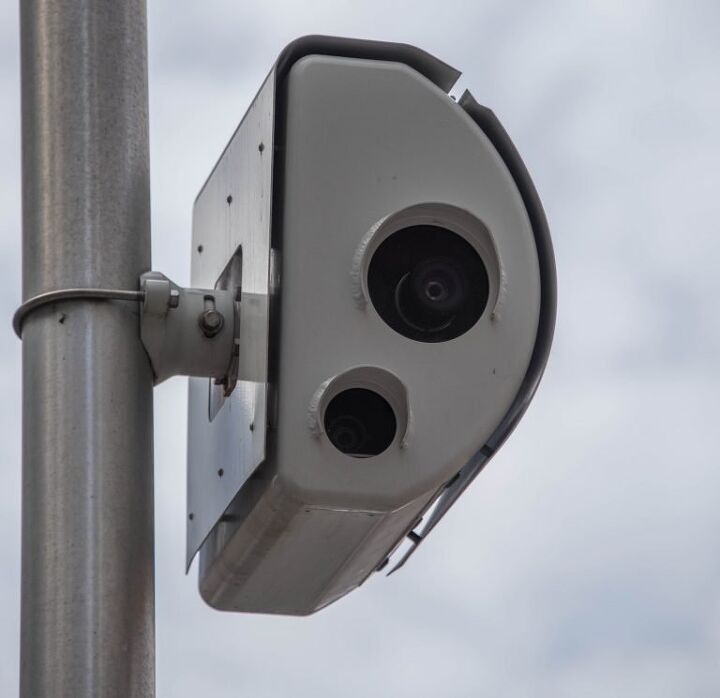
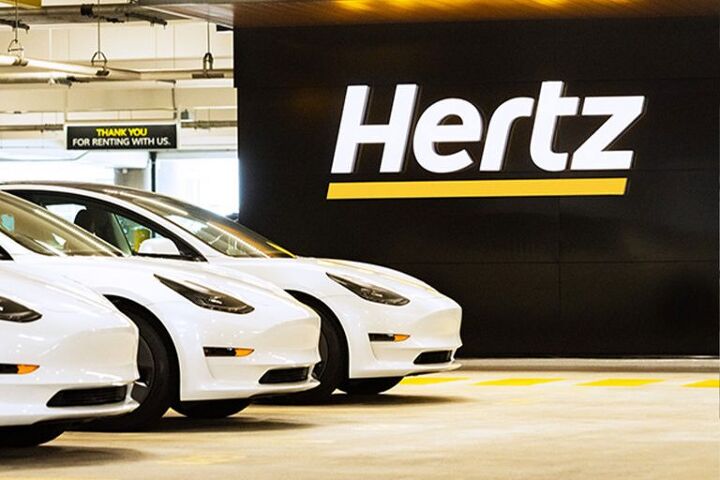


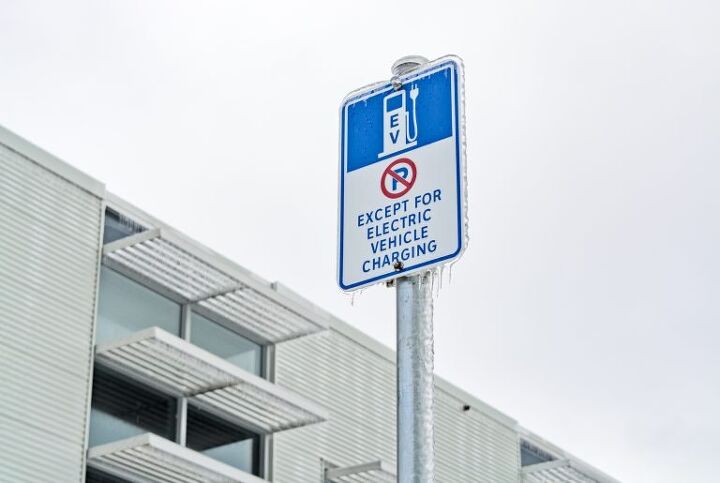

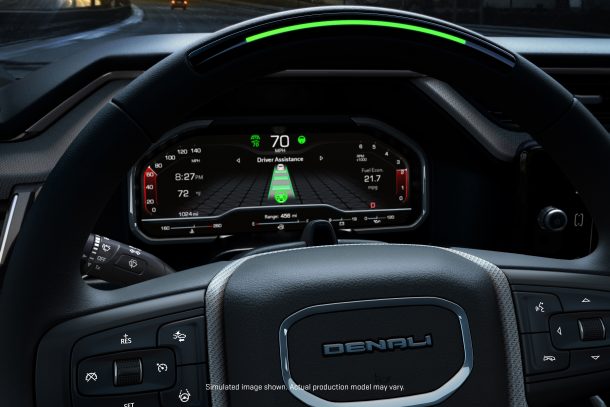
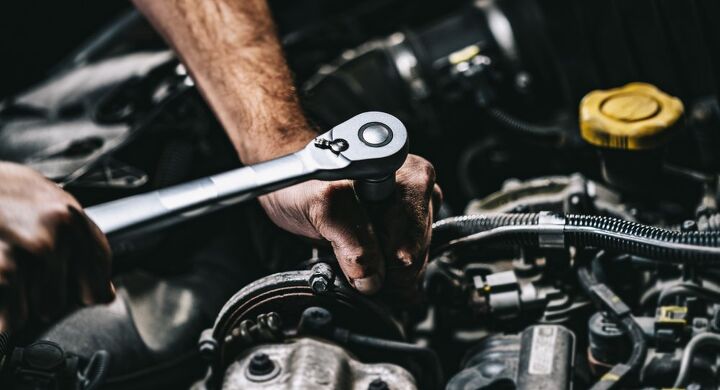


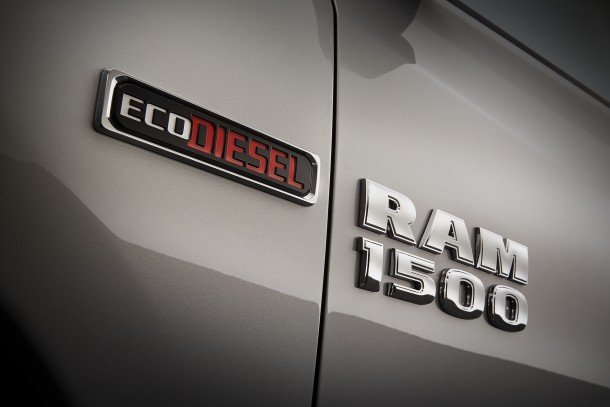

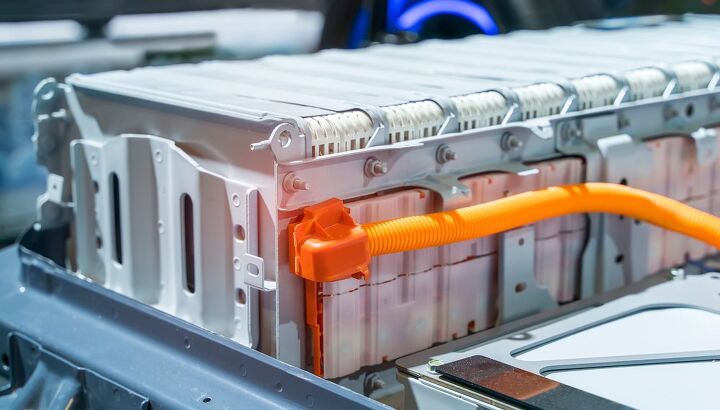

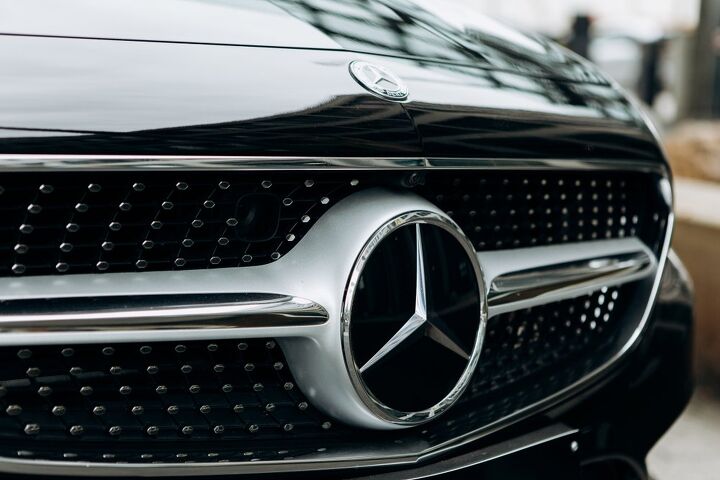












Recent Comments